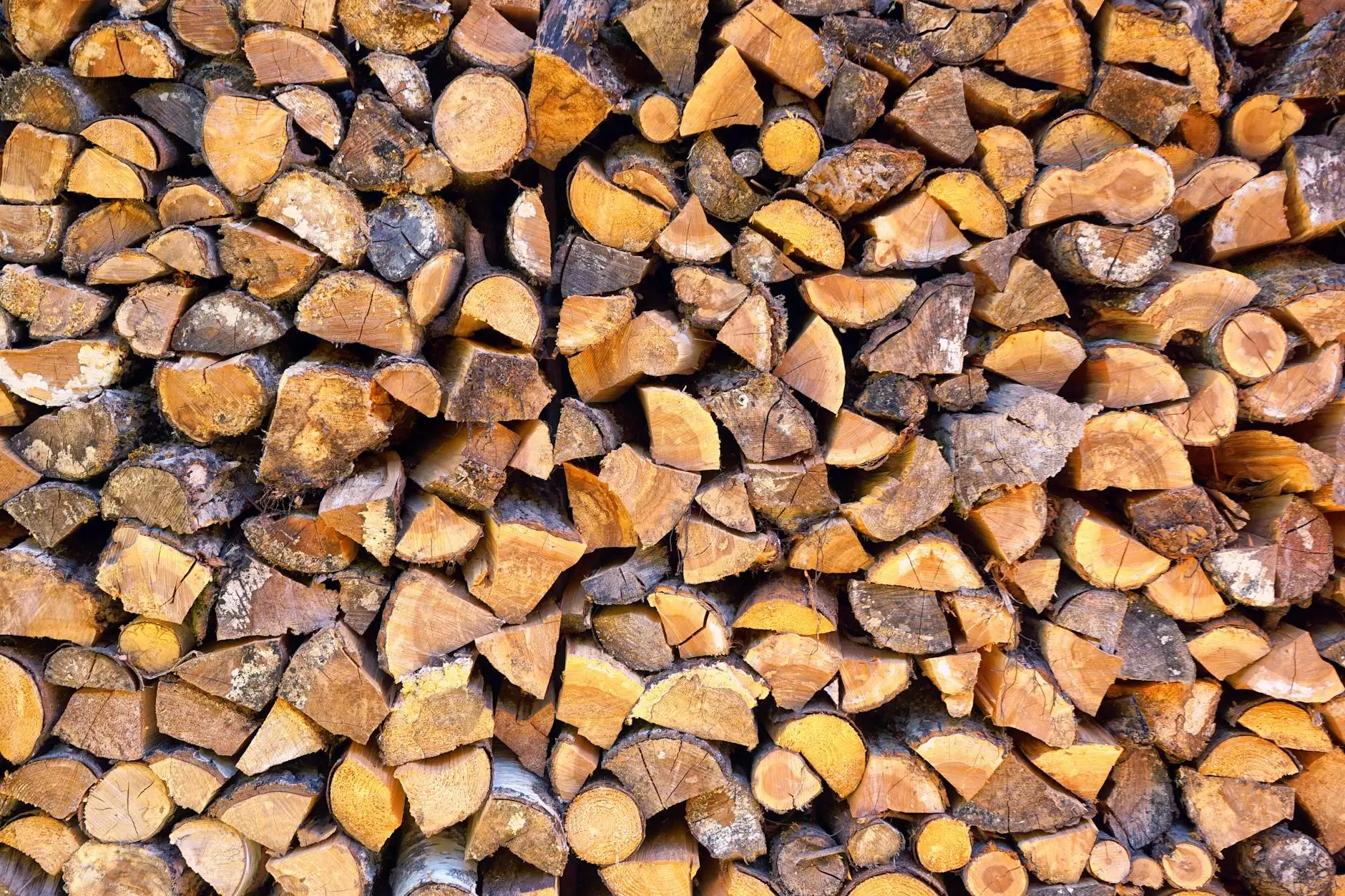Is Rasgulla Good for Health? An In-Depth Analysis of This Popular Indian Sweet

Rasgulla, a beloved Indian dessert known for its soft, spongy texture and sweet syrup, has captivated dessert lovers across the world. Made primarily from churned milk, lemon juice or vinegar, and soaked in sugar syrup, rasgulla has become a staple in many celebrations and festivities. However, with increasing health consciousness among consumers, many wonder, “Is rasgulla good for health?” This detailed article aims to provide an exhaustive review of rasgulla’s nutritional profile, its potential health benefits, associated risks, and how to incorporate it into a balanced diet.
Understanding Rasgulla: Composition and Origin
Before delving into the health implications, it’s essential to understand what constitutes rasgulla and how it’s prepared. Originating from Bengal, rasgulla is crafted by transforming cow or buffalo milk into soft, spongy balls through a process called chhena (cottage cheese) making. These cheese balls are then cooked in a light sugar syrup until they absorb the syrup, rendering a juicy, flavorful treat.
Key ingredients of rasgulla include:
- Milk or milk solids (chhena) – Rich in protein and calcium
- Sugar syrup – Source of simple carbohydrates
- Flavors and colorings (optional) – For variety and aesthetic appeal
This simple yet effective combination results in a dessert that is both indulgent and nourishing in certain aspects. However, the health impact mainly depends on quantity and frequency of consumption.
Potential Health Benefits of Rasgulla
Despite being a sweet dish, rasgulla offers several benefits, primarily due to its core ingredients made from milk. Here are some notable health advantages:
1. Rich Source of Calcium and Protein
Since rasgulla is primarily made from milk or milk-derived solids, it contains a significant amount of calcium, which is vital for maintaining strong bones and teeth. Additionally, the presence of milk proteins provides essential amino acids necessary for muscle repair and overall growth.
2. Energy Boosting Carbohydrates
The sugar syrup embedded within rasgulla offers a quick source of energy, beneficial during periods of fatigue or when you need an instant glucose supply. The simple carbohydrates are rapidly absorbed, providing immediate vitality.
3. Potential Digestive Aid (When Consumed Moderately)
Traditionally, rasgulla is enjoyed after meals, and the warm, sweet syrup can stimulate salivation and digestion. However, this benefit is more anecdotal and should be supported by balanced dietary habits.
4. Mood Enhancement and Cultural Significance
Enjoying sweet treats like rasgulla can elevate mood and foster social bonding, which is an often-overlooked aspect of health—emotional well-being. The cultural importance of rasgulla in festivals and celebrations can foster a sense of community and happiness.
Understanding the Risks: Is Rasgulla Bad for Your Health?
While rasgulla has its benefits, consuming it excessively or too frequently can pose health concerns. Recognizing these potential drawbacks is crucial for maintaining a balanced lifestyle.
1. High Sugar Content and Risk of Diabetes
The predominant concern with rasgulla is its high sugar level. A single piece can contain up to 15-20 grams of sugar, and a typical serving might include several pieces. Regular consumption without moderation can significantly increase the risk of developing conditions like obesity, insulin resistance, and type 2 diabetes.
2. Caloric Density and Weight Gain
Due to its sugar syrup and dairy content, rasgulla is calorie-dense. Overindulgence may lead to unwanted weight gain, especially when coupled with a sedentary lifestyle.
3. Impact on Dental Health
The high sugar content also predisposes individuals to dental issues such as cavities and tooth decay, particularly if oral hygiene is neglected after indulging in sweet treats.
4. Lactose Intolerance and Dairy Sensitivity
People with lactose intolerance or dairy allergies should avoid or limit rasgulla consumption, as it contains significant dairy ingredients that could trigger adverse reactions.
How to Enjoy Rasgulla Responsibly for Better Health
Understanding how to incorporate rasgulla into a healthy lifestyle is key to enjoying its delights without compromising overall well-being. Here are some practical tips:
- Moderation is essential: Limit serving sizes and frequency, such as enjoying one or two pieces occasionally rather than daily.
- Opt for homemade rasgulla: Preparing rasgulla at home allows control over sugar quantities and ingredients, reducing excessive sweetness.
- Pair with healthier options: Balance sweet treats with fiber-rich foods, fruits, or a glass of milk to moderate blood sugar responses.
- Avoid sugary drinks and desserts simultaneously: Consuming rasgulla alongside other sugary foods can lead to excessive sugar intake.
- Maintain oral hygiene: Brush and rinse your mouth after indulging in sweet treats to prevent dental issues.
- Be mindful of dietary restrictions: For individuals with specific health conditions like diabetes, consult healthcare providers before enjoying rasgulla.
The Cultural and Economic Significance of Rasgulla
Beyond its nutritional aspects, rasgulla holds a prominent place in Indian culture, symbolizing sweetness and prosperity. It's a traditional delicacy relished during festivals like Durga Puja, Diwali, and regional celebrations. The rise of the rasgulla business has also contributed significantly to the local economies in Bengal, Odisha, and other parts of India, fostering entrepreneurship and cultural pride.
In recent years, the global popularity of rasgulla has surged, leading to exports and international recognition of Indian culinary heritage. This demand has spurred innovations, including low-sugar or diet-friendly versions, catering to health-conscious consumers yet preserving traditional flavors.
Concluding Thoughts: Is Rasgulla Good for Health?
In summary, rasgulla can be considered a delightful treat that provides certain nutritional benefits due to its dairy content. However, its high sugar and calorie content necessitate moderation and responsible consumption. When enjoyed as part of a balanced diet, accompanied by physical activity, rasgulla can be an occasional indulgence that satisfies your sweet cravings while keeping health risks at bay.
Remember, the key to healthful eating is variety, moderation, and mindfulness. Savor the sweetness of rasgulla without letting it overshadow your overall wellness goals. Embrace your cultural traditions, but always prioritize your health for a happier, longer life.
Final Note: Enjoy Rasgulla as Part of a Healthy Lifestyle
While rasgulla itself is not inherently unhealthy, the way it is consumed determines its impact on your health. Combining traditional delights with modern nutritional awareness allows you to enjoy the best of both worlds. Be informed, enjoy responsibly, and don’t forget that a balanced diet, regular exercise, and a positive mindset are the pillars of good health.
For more health insights, dietary tips, and culinary traditions, stay connected with illustrateddailynews.com, your trusted source in the realm of Newspapers & Magazines. We bring you in-depth, reliable content to support your journey towards a healthier and more informed lifestyle.









